Do you have a major mosquito problem? Well, here's a solution used by the military to drastically cut down their numbers.
Getting Started.
Grab a plastic bottle from your recycle bin. The bigger the better. This concept will work with many types of containers, but if it's too small, the water may dry up.

Materials that I used:
- Plastic Container
- Sharpie
- Small Drill Bit
- 3/8" Paddle Bit
- Hacksaw
- Scissors
- Black Spray Paint
- 17 Gage Galvanized Wire
- Super Glue
- Gorilla Tape
- One Black Sock
- Pet Food
- Water
Prepare Plastic Bottle




I used an orange juice bottle for the first one, but I think next time I will experiment with a 2-litter bottle.
I cut the top off of the bottle with a hacksaw and trimmed the rough edges with a pair of scissors.
Drill Holes

I marked 2 holes on the top with a sharpie for a hanger wire and 2 bigger holes below for water overflow.

Drill out the holes. The drill bit size for the hanger holes will depend on the size wire that you are using. I used 17 gage galvanized wire.

I drilled the water overflow holes with a 3/8 inch paddle bit, but they could probably be smaller and work just fine.

TIP: Run the drill bit backwards in plastic for an easier cut.
Paint It Black

If your container is not already black, then give it a quick paint job. I ran out of paint towards the top (old can), but the important part is to create a dark container to simulate a dark, pond type environment.
Make the Hanger

When the paint has dried, make the hanger. I cut a piece of wire about a foot long and fed each end through the hanger holes. I made a loop and twisted the ends of the wire tightly around itself.
Add the Screen




I used some scrap window screen and cut out some squares a little larger than the water overflow holes.




I superglued and Gorilla taped them into place.
Add Screen to the Top

You'll also need to cut some screen for the top.

I cut out a circle larger than the opening in the top and pushed the screen down inside. I also Gorilla taped the sides of the screen to the bottle for extra secureness. Keep in mind that metal screen may grip the bottle better than window screen which is a metal/plastic type material.
Cut Up a Sock

Find an old pair of black socks.

I cut a strip out and pushed a bit down into the water to act as a water wick. Then, wrap the rest of the sock around the rim of the bottle and tape into place.

Add Water

Fill the bottle with rain water.

You can also add tap water and a few pieces of pet food or grass clippings to create stagnant water in just a few days.

Add water until it starts to pour out of the overflow holes.

Pour water over the sock until it is soaked. The sock needs to stay wet to attract the mosquitoes.
Hang Your Ovitrap

Hang your completed Ovitrap in a tree in a dark, shady spot in your yard.
How it works:
- The mosquitoes will be attracted to the dark wet sock near the body of stagnant water and lay their eggs in the sock.
- Once the mosquito larvae has hatched, they will drop into the water to become adults.
- When the mosquitoes are full grown, they will be too large to fly out and will be trapped inside by the screen.
Key Points:
When designing your own Ovitrap remember to have a dark container with continuous, dark, wet material at the top with the screen being as close to the top of the water as possible.





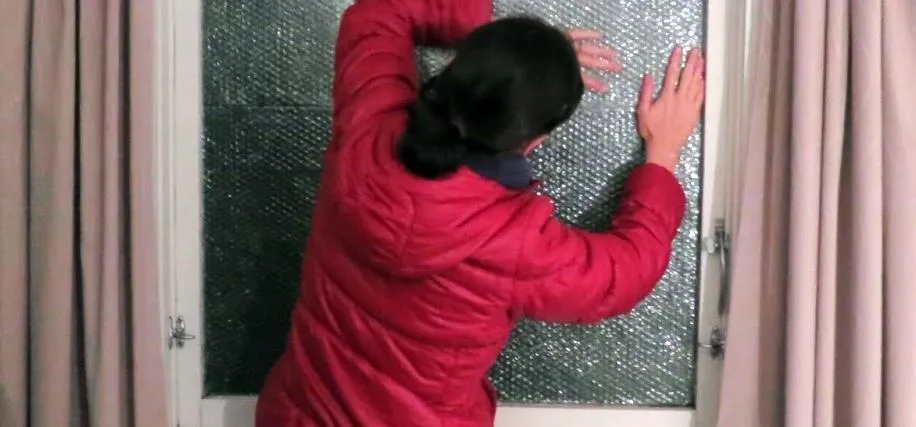
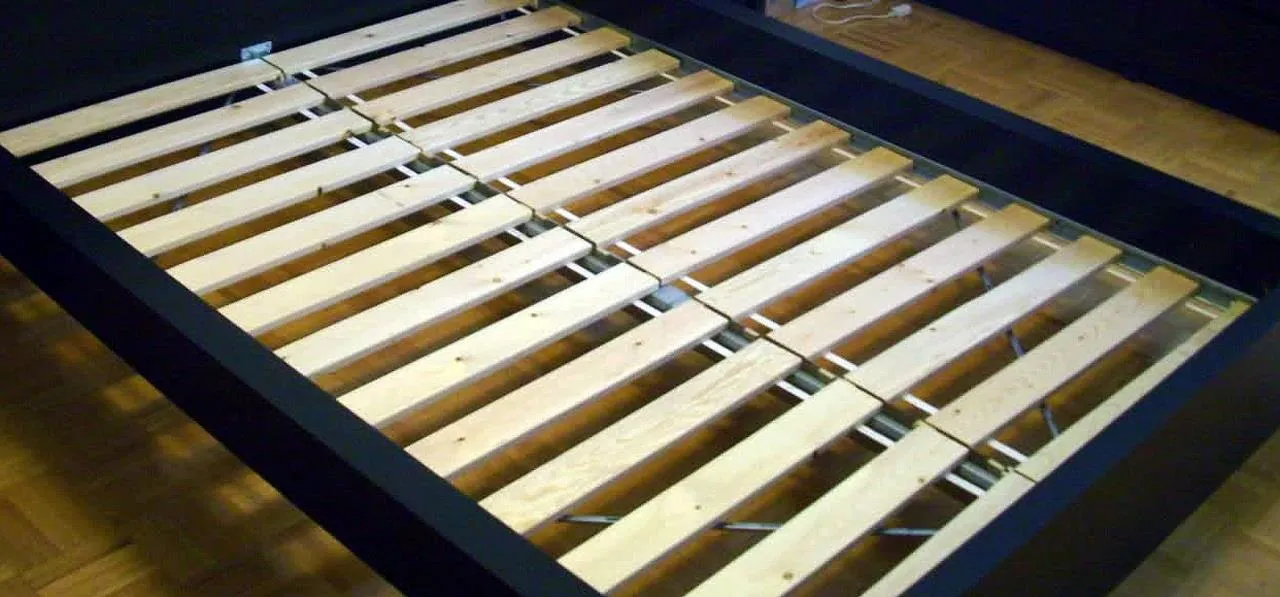
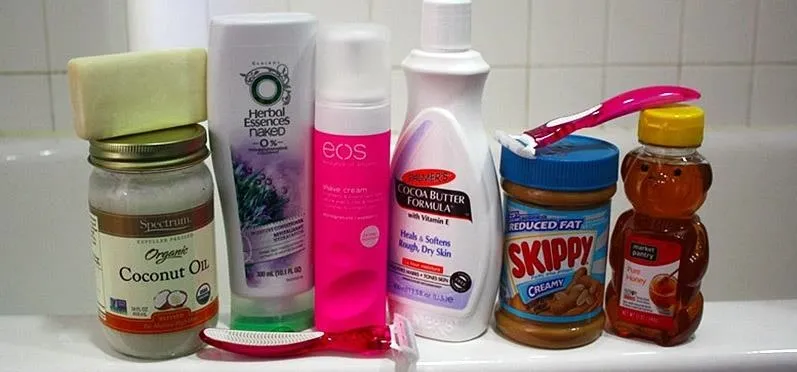


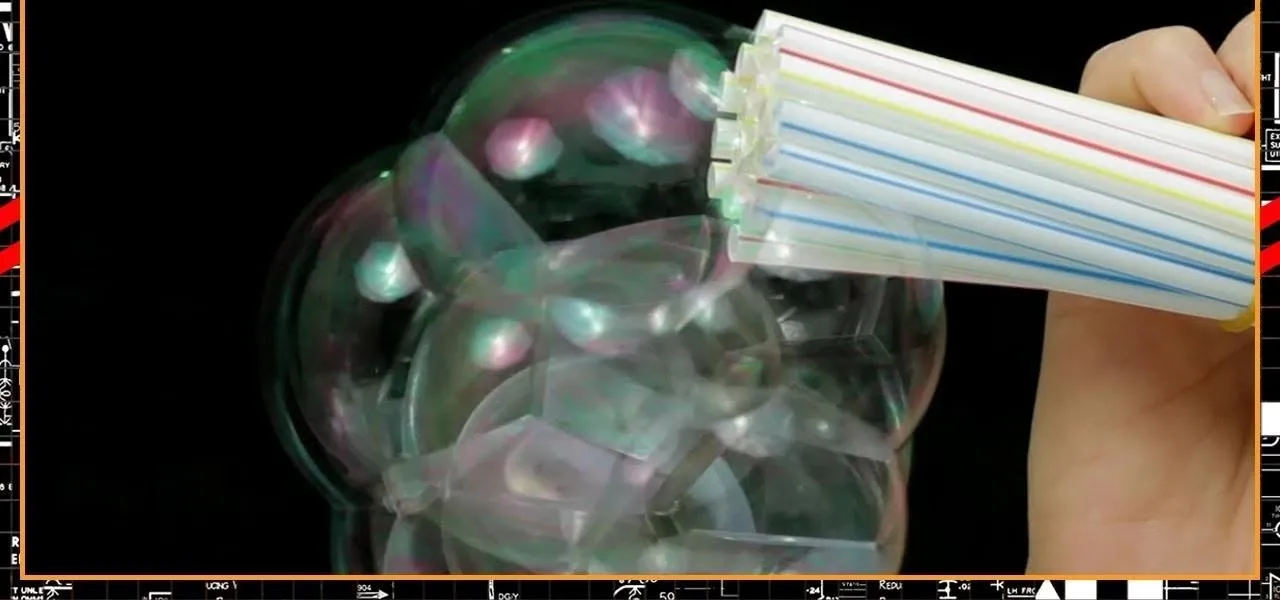
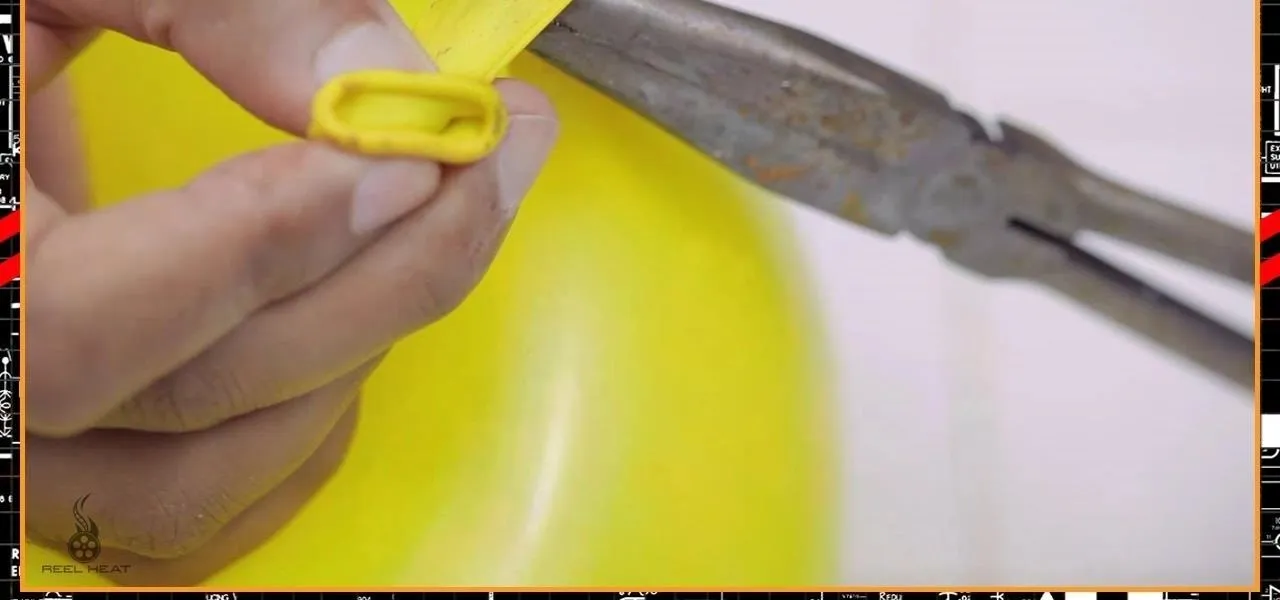

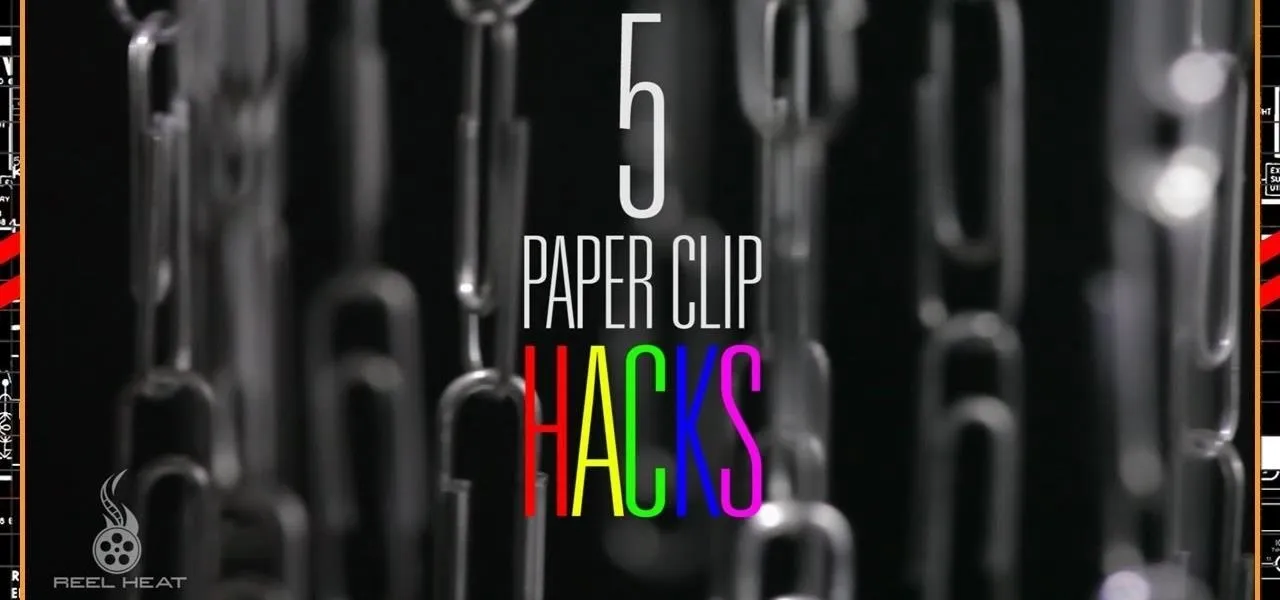
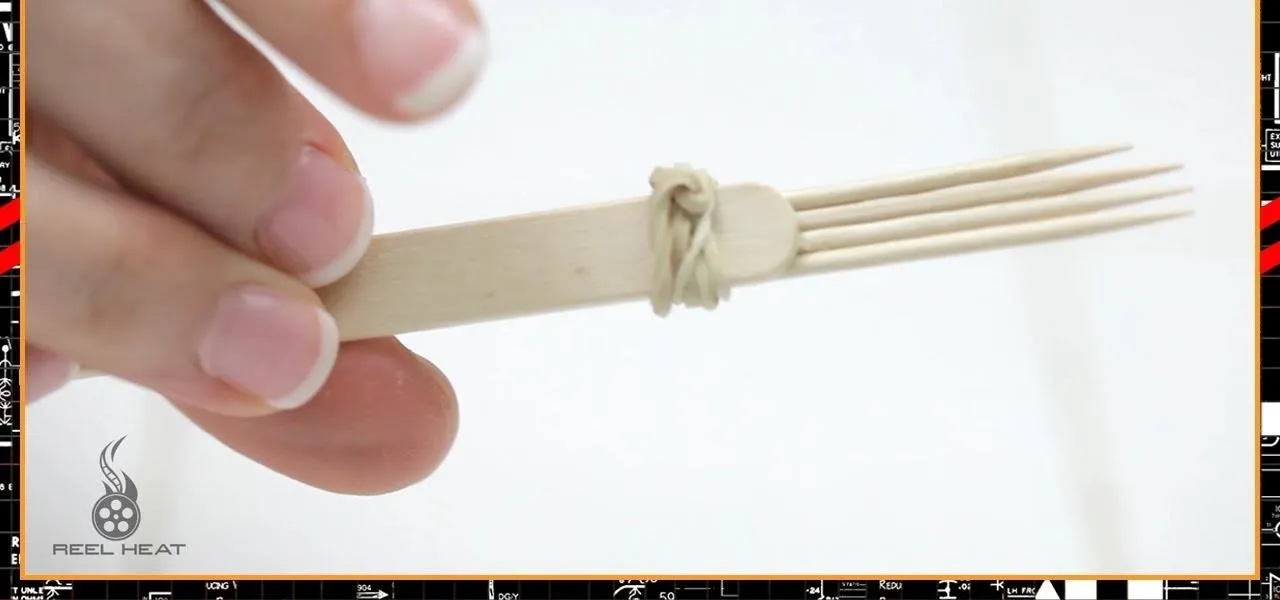

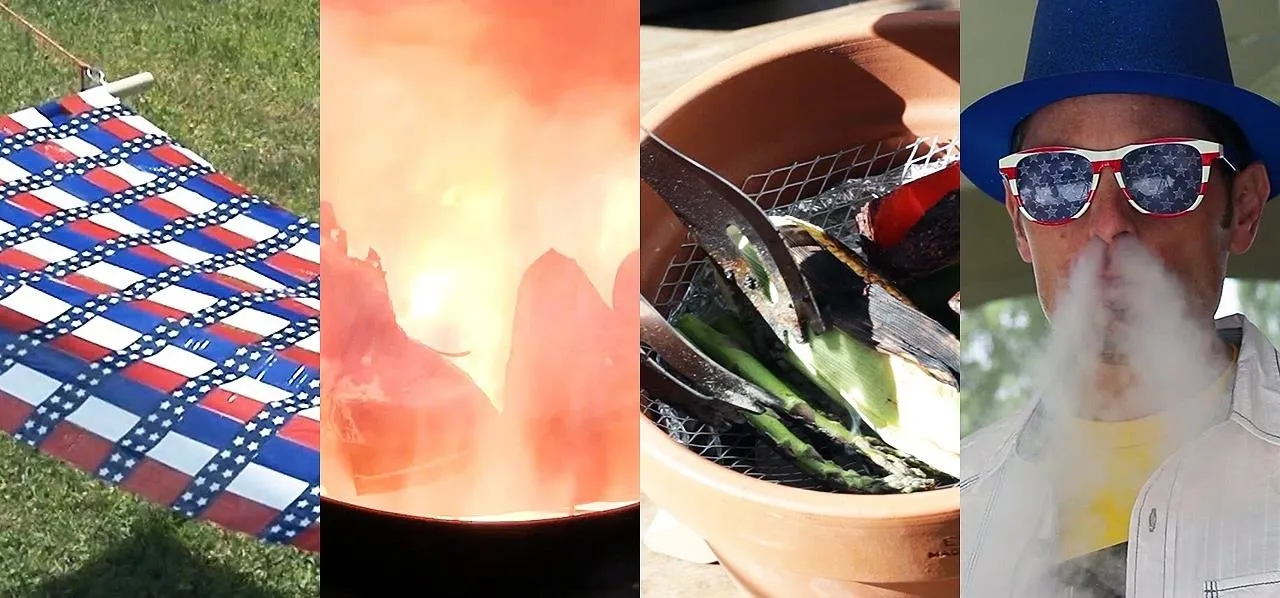


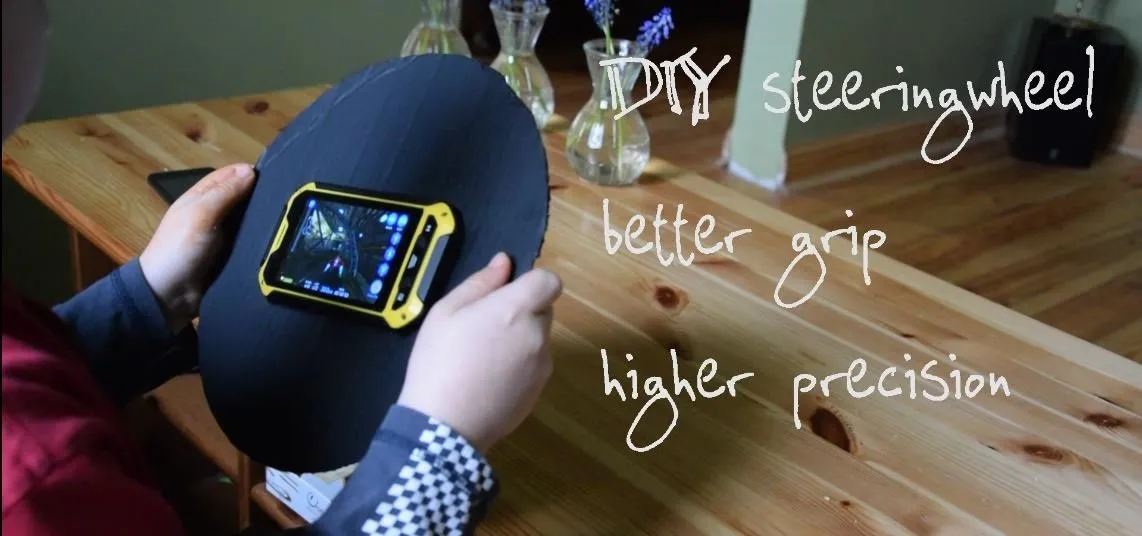


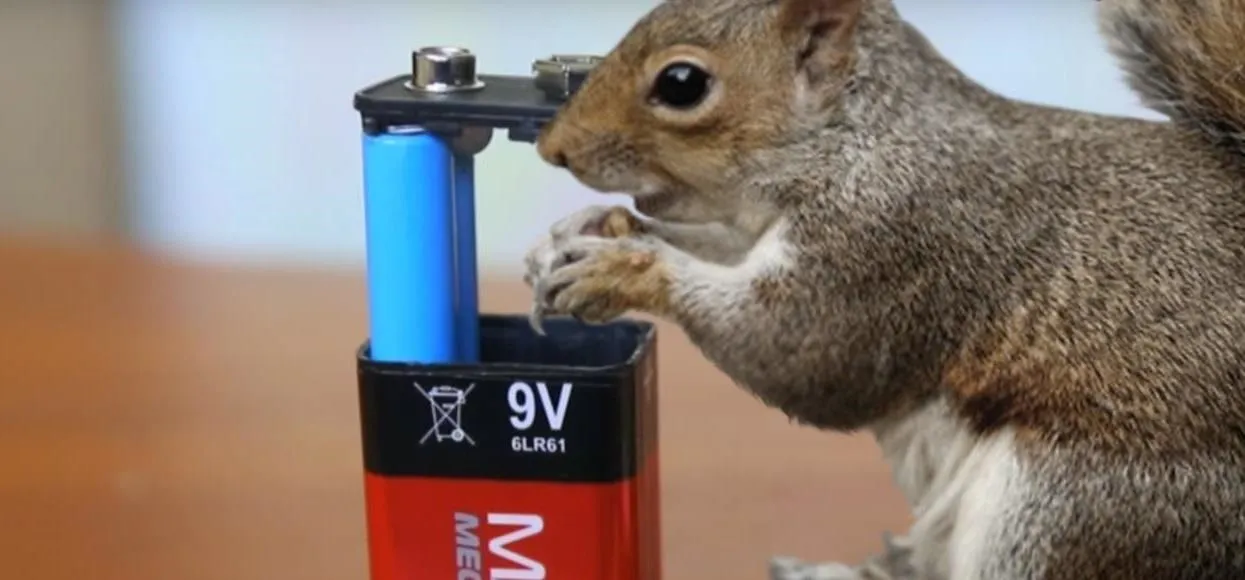
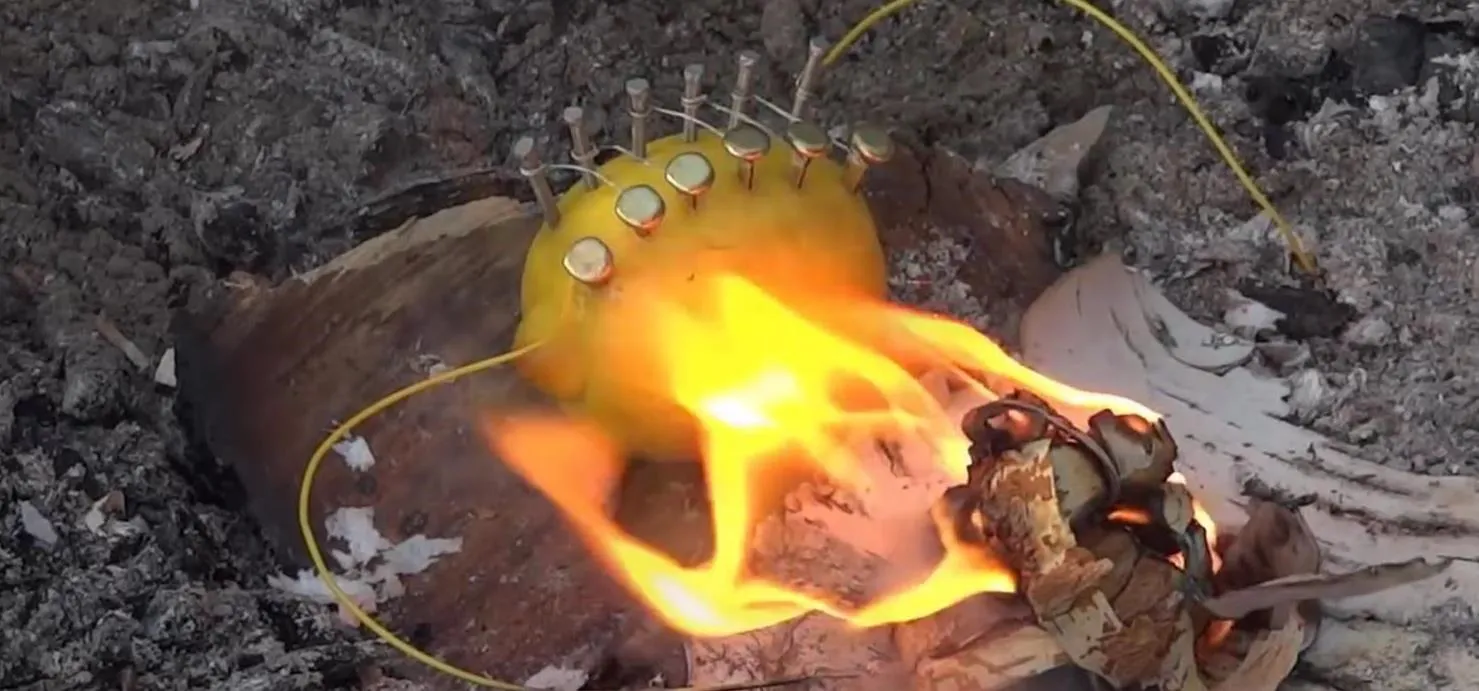

Comments
Be the first, drop a comment!